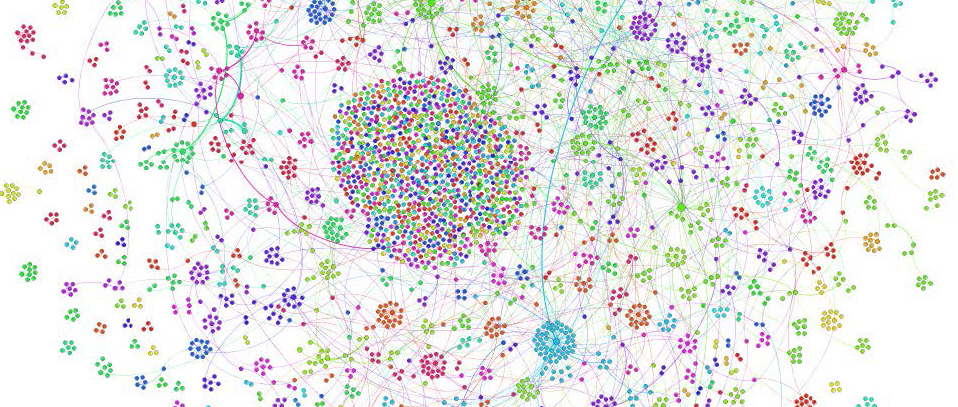Challenges to Mediation Support in Hot Wars: Learnings from Syria and Ukraine
Hot wars pose distinct challenges to peacemaking efforts. In fluid and quickly changing contexts, coordination is difficult, information is highly politicized, and actors are tempted to rush in without proper preparation.

The humanitarian situation puts enormous pressure on third parties to resolve the conflict, and to do so as quickly as possible. There may be an increased willingness on the side of international actors to compromise on established principles, such as inclusivity or national ownership, in order to stop the carnage. This all begs the question: how can we best support peacemaking efforts while war is still waging? From 12 to 14 October 2015, the Mediation Support Network (MSN) met in Atlanta, US, under the auspices of The Carter Center to discuss this timely question. Inspired by these discussions and drawing on experiences from Syria and Ukraine, this publication identifies and elaborates on three broad themes that need to be addressed by mediation support actors when engaging in hot wars.
